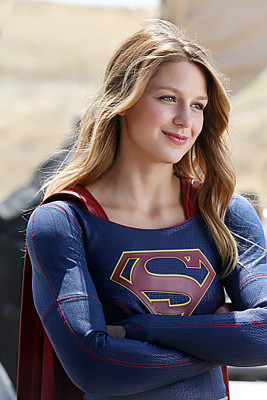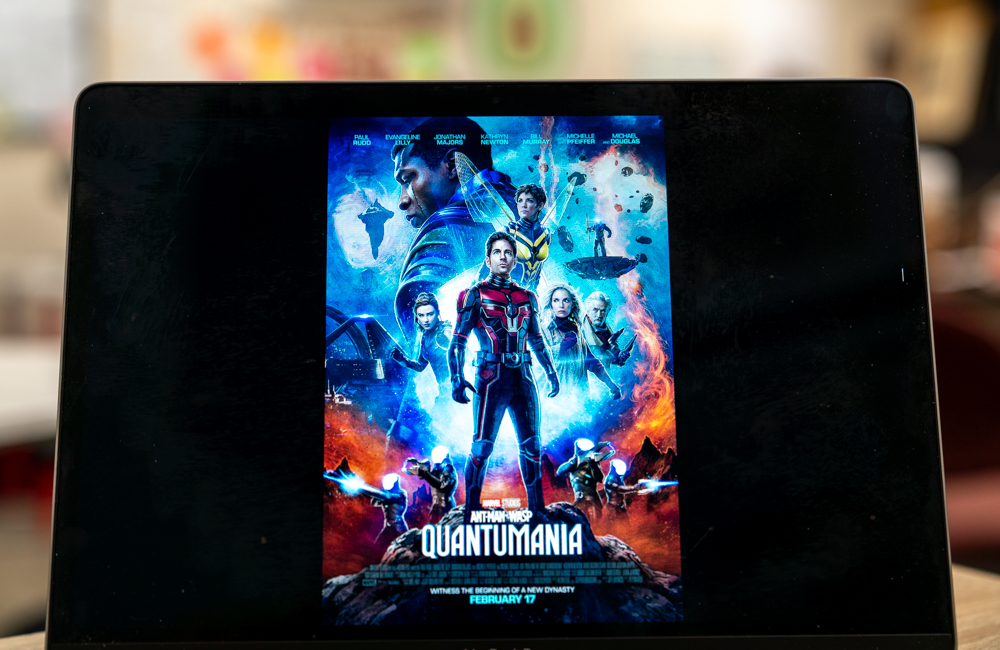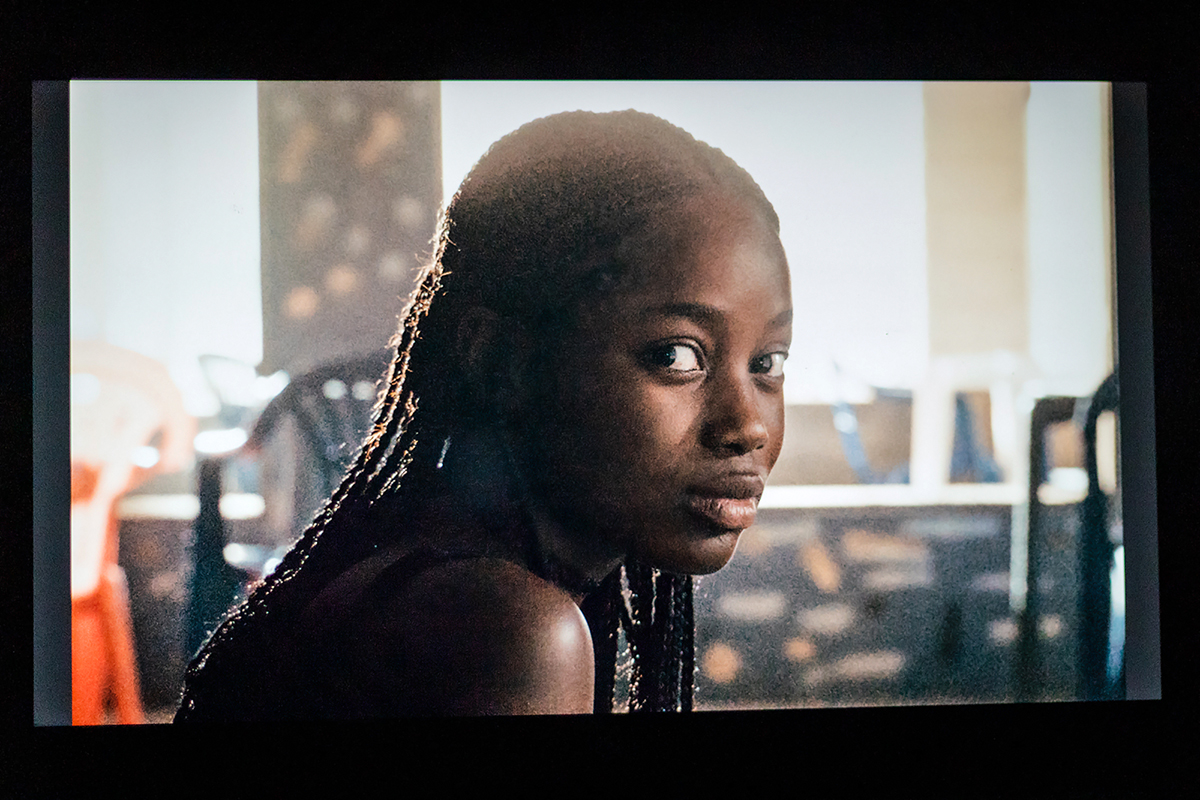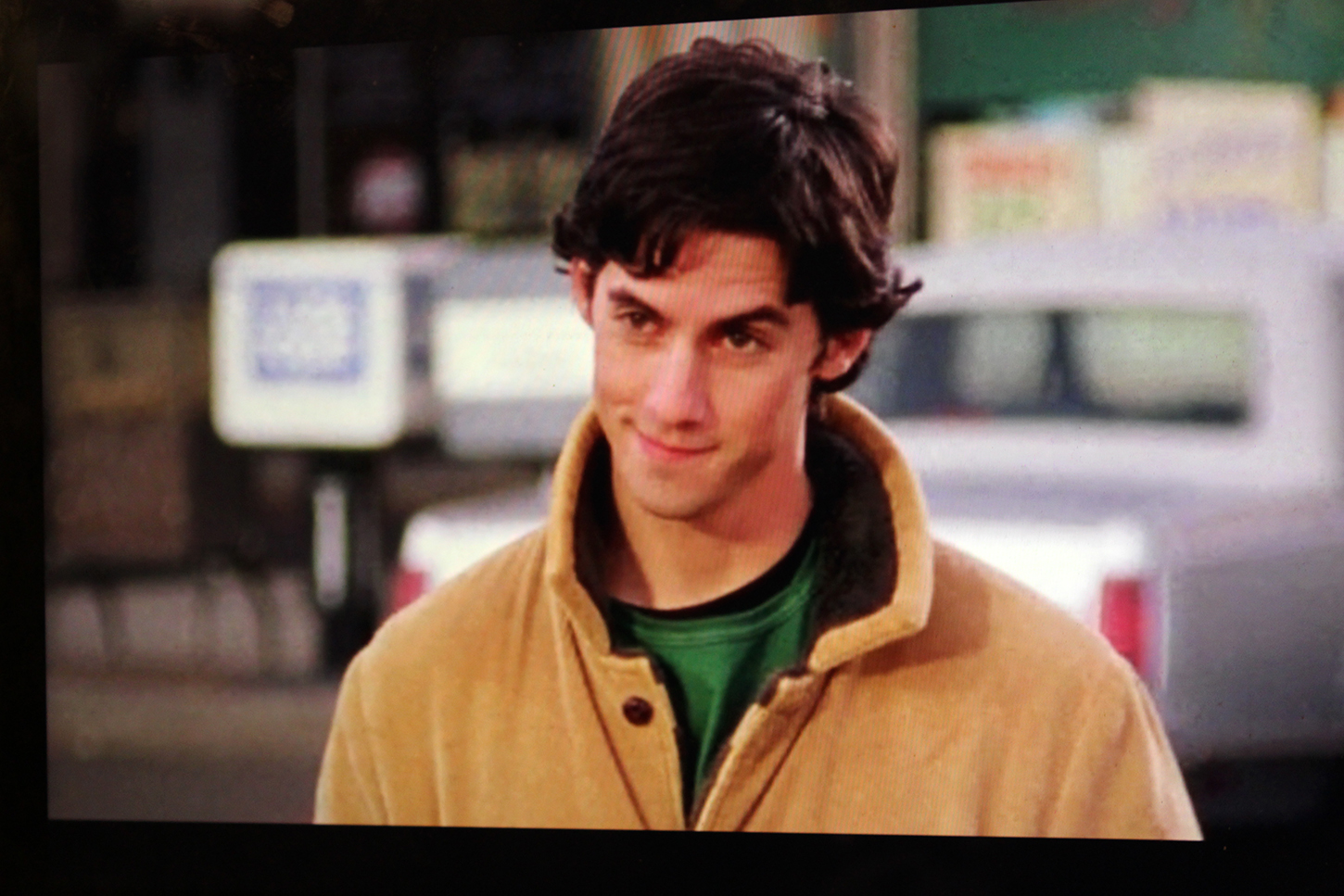
For all the pro-female empowerment hype CBS’ new television series “Supergirl” has been getting, viewers may well have been expecting Gloria Steinem to come swooping across their screens in a red cape.
In reality, the show leaves a sour taste in viewers’ mouths — a mix of genuine disappointment and frustration with something that fails to live up to its potential as a step in the right direction toward fair representation for women.
Twenty human years after Superman first arrived on Earth, Kara Danvers (Melissa Benoist) also crashes in from her delayed flight from Krypton, having been assigned the mission of protecting the infant superhero.
However, since Superman obviously doesn’t need protecting, Kara must live her life “like a normal girl,” whatever that means.
She is raised by a human family and glumly goes through a rather boring life, always feeling a hole in her heart where superheroes would normally have a single, narrow-minded and blindly optimistic purpose that dictates their character progression.
The show picks up when Kara is 24 years old and working as a low-level assistant to the ruthless female CEO of the Tribune newspaper. Kara is finally ready to embrace her powers and become a hero like her cousin at the start of the show.
Although her glasses match Clark Kent’s, the resemblance halts with what simply cannot be ignored — Supergirl’s miniskirt and thigh-high heeled boots. Can someone please explain why she would even try to attempt to fight crime in a short skirt, not to mention fly?
Apparently a glamorous, feminine outfit is worth the risk of getting caught in a compromising situation — or worse, falling and twisting an ankle when in pursuit of a villain. But hey, it seems superheroes need to look cute too.
Kara’s slightly forced “adorkable” nature gets her the attention of two love interests in only the pilot. Winn Schott (Jeremy Jordan), the IT tech guy Kara works with at the Tribune, is quickly shot down into the dreaded “friend zone” after asking her to a movie date.
Any ideas the viewer may have of Kara eventually coming around and going out with Winn are squashed when she meets the dreamy James Olsen (Mehcad Brooks), a famous photographer who has befriended Superman and is new at the Tribune. In a sweet but predictable first meeting scene, Kara is so taken by James that she makes a complete fool of herself in front of him and trips over her own feet.
And yet, of course, James is charmed enough by her to swoop in and give her the credit to his work in order to keep her from getting fired halfway through the episode. Even Supergirl can be a damsel in distress, it seems.
The character responsible for Kara’s near termination is so weak, over-done and stereotypical that viewers everywhere must have thrown up their hands in irritation. Cat Grant (Calista Flockhart) embodies the harsh stereotype of the successful businesswoman. She’s cruel, terrifying, power-hungry, obsessed with appearances and completely remorseless.
Not only is this character one-dimensional and boring, but she also makes every person who imagines an equal workforce playing field between men and women flinch. Does it still need to be said? Yes, women can have successful careers without losing their souls. There. No more excuses.
Alex Danvers (Chyler Leigh), Kara’s human sister, is perhaps the biggest letdown as a character because she doesn’t live up to her potential. As a scientist, Alex works for the government with Hank Henshaw (David Harewood) to protect Earth from unwelcome aliens. Kara only embraces her powers after finding Alex in danger and striving to save her, suggesting a close relationship between the two. But of course the viewer soon learns that jealousy and unhealthy competition have long plagued the sisters’ relationship, ruining what could have been a strong and powerful display of female solidarity in the show.
Aside from plot and characterization, the selection of actors chosen for “Supergirl” illustrates that this show is not nearly as progressive as CBS clearly wants viewers to believe.
The protagonist is white, thin, heterosexual, cisgender, able-bodied and aesthetically attractive by modern social norms, making her already a naturally privileged woman. This cannot go unnoticed. Although a television lead that features a woman in a position of power is fantastic, the most privileged type of woman was chosen to be the titular “Supergirl”.
There is also not a single woman of color in the main cast, thus completely ignoring the issue of intersectionality in the women’s rights movement. This is truly shameful.
“Supergirl” absolutely has some awesome fight scenes, creepy villains and passably witty banter. Whether or not it is worth watching is debatable. Perhaps the writing will improve as the season goes on, but there are faults so inherent in the show’s ideology that it is unlikely that it will ever accomplish all it is trying to do.






























































































































Amanda • Nov 1, 2015 at 5:01 pm
I was disappointed by the failed use of the word “superman.” Obviously they don’t have the rights to use him outright. They refer to him as “the big guy” or “him.” She’s superman’s cousin, he’s popular, use him. The script is eh, the story is eh. Here’s hoping it does get better as it progresses, but amongst the rest of the super hero shows that are out there, it is fairly lack lustre in comparison.
Richie • Oct 31, 2015 at 12:04 am
How about an African American James Olsen? How about 2 female costars along with 2 African American costars ? The show was average but get off of your high horse this isn’t Friends we are talking about here. There is plenty of diversity in the cast.